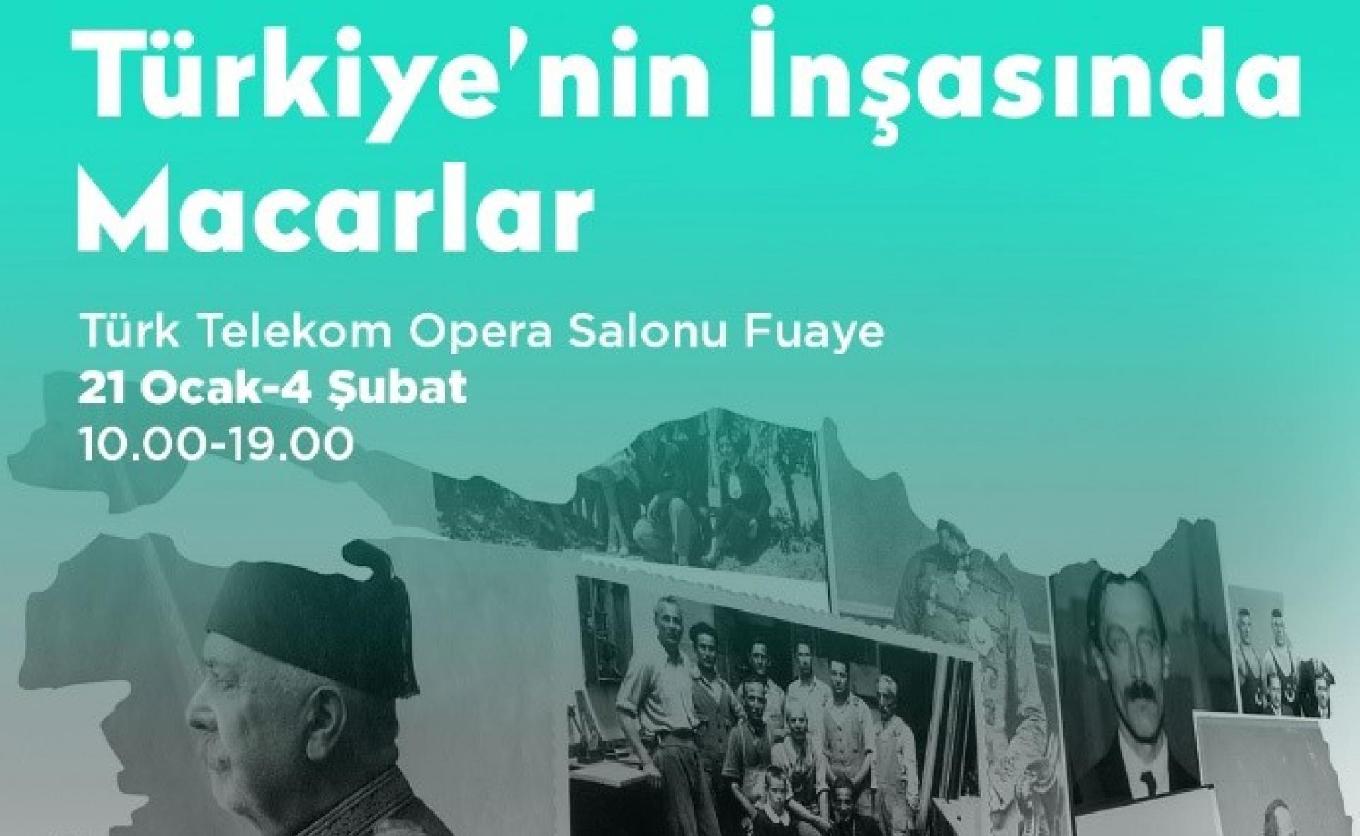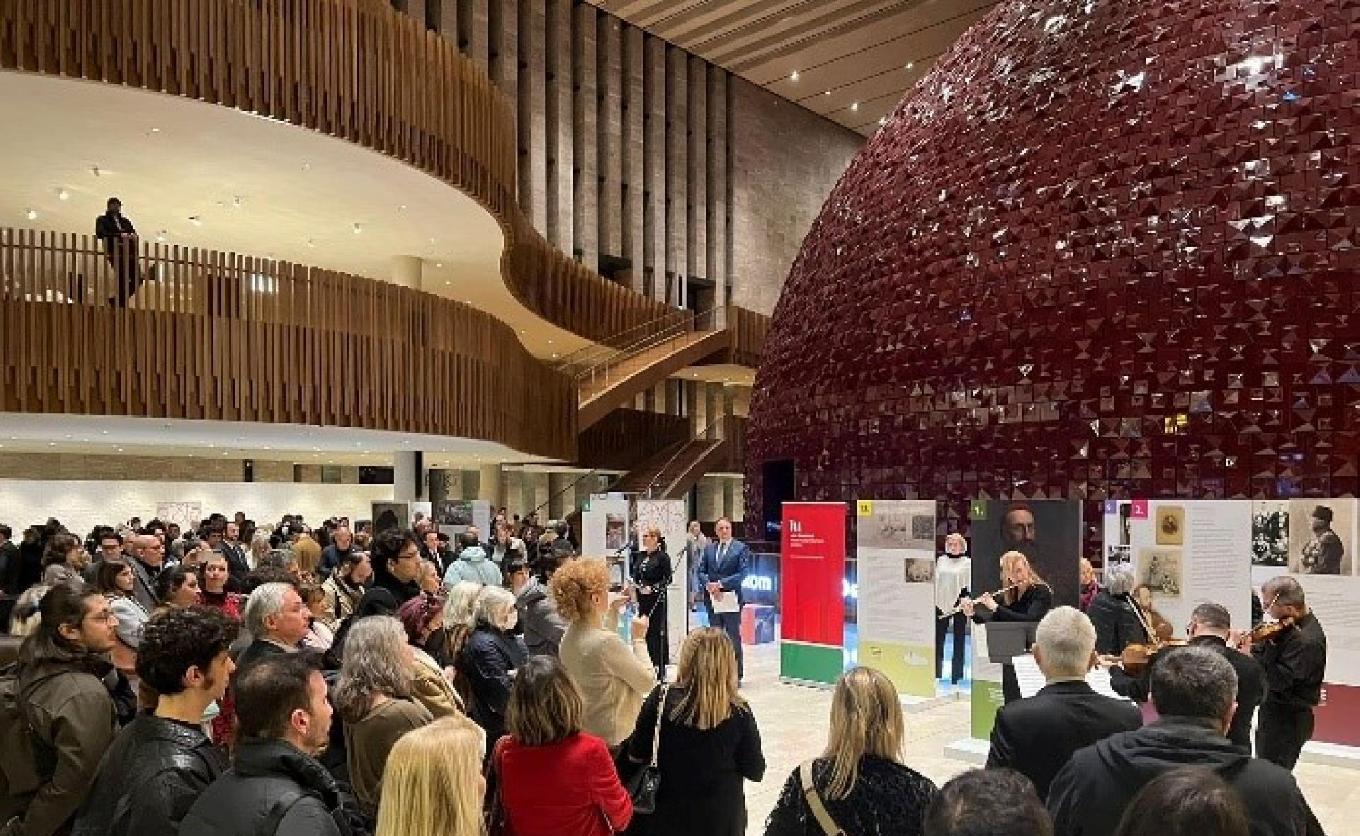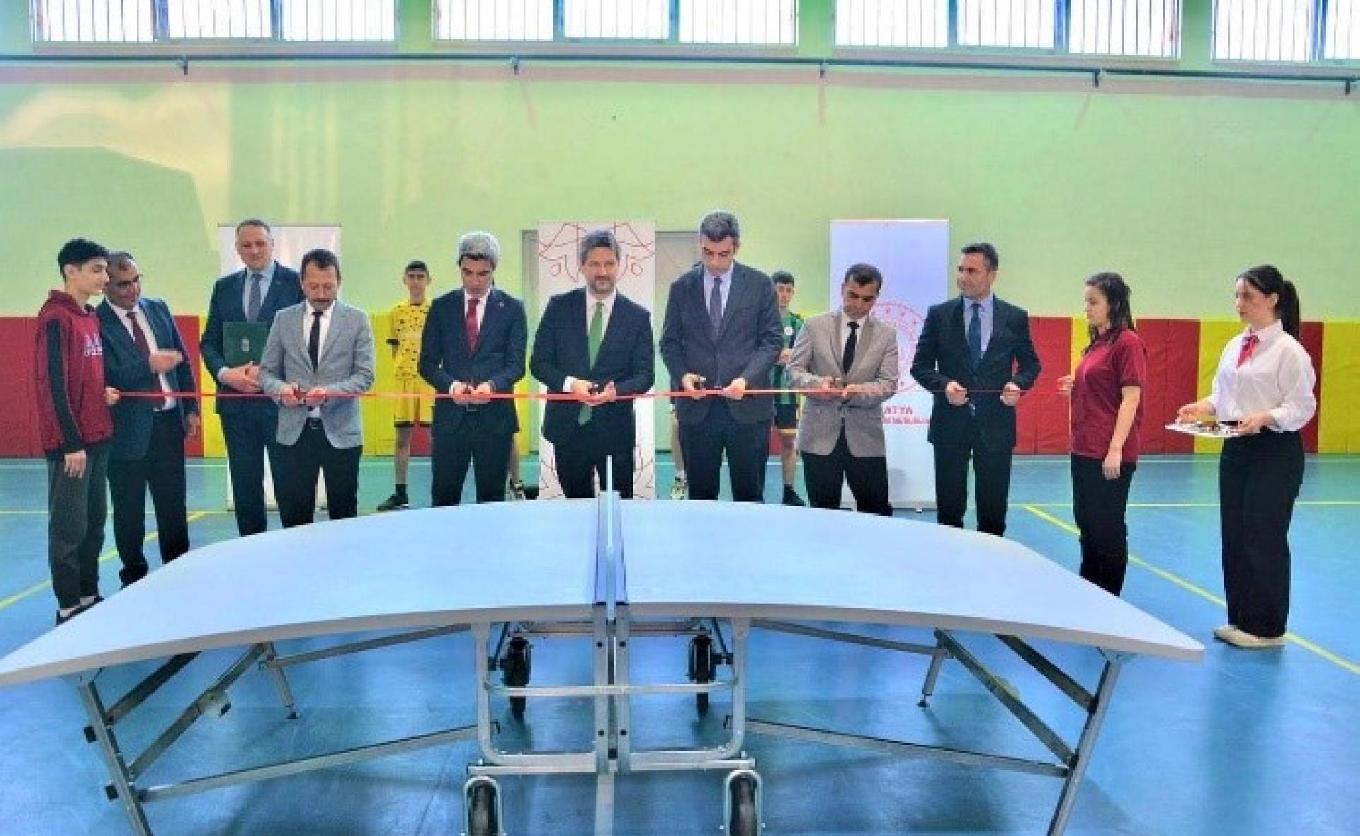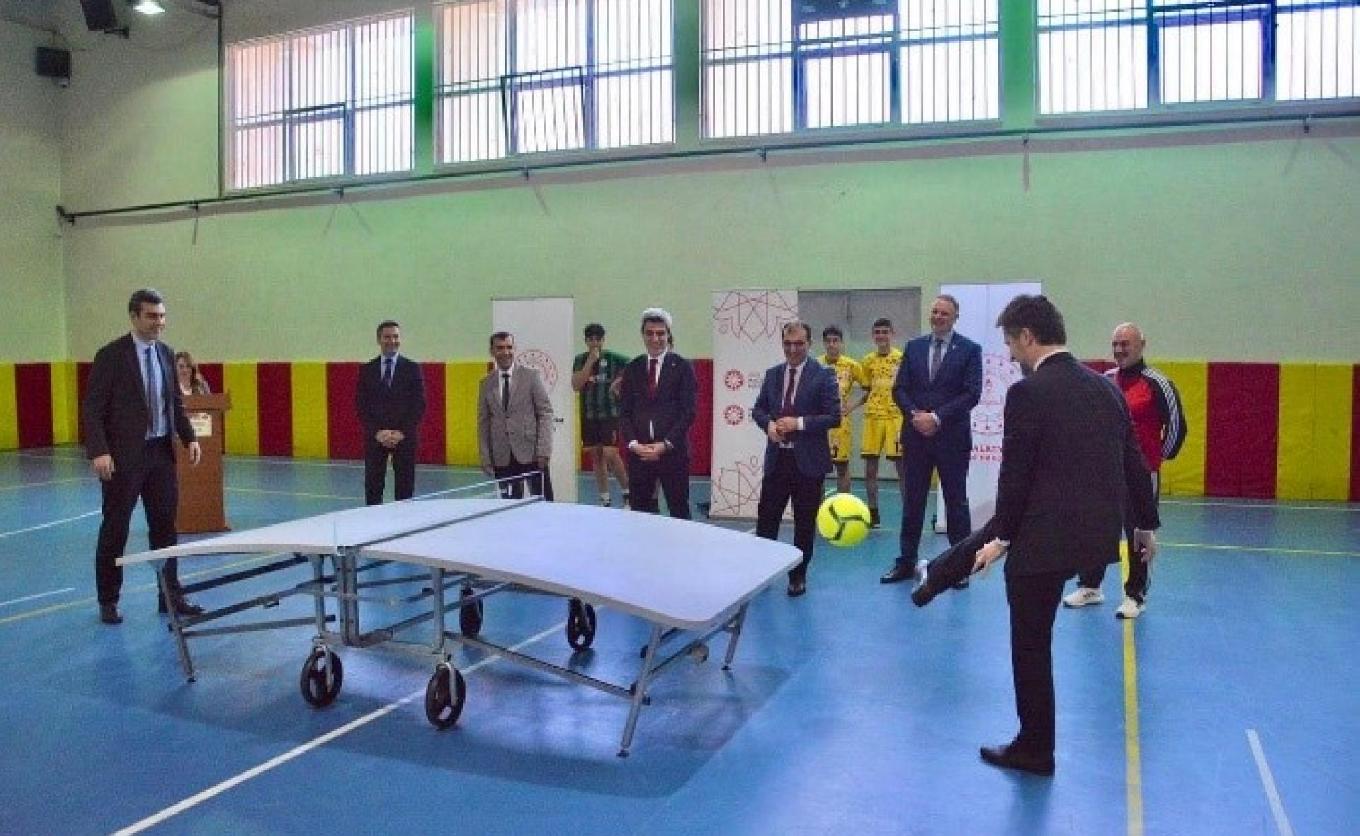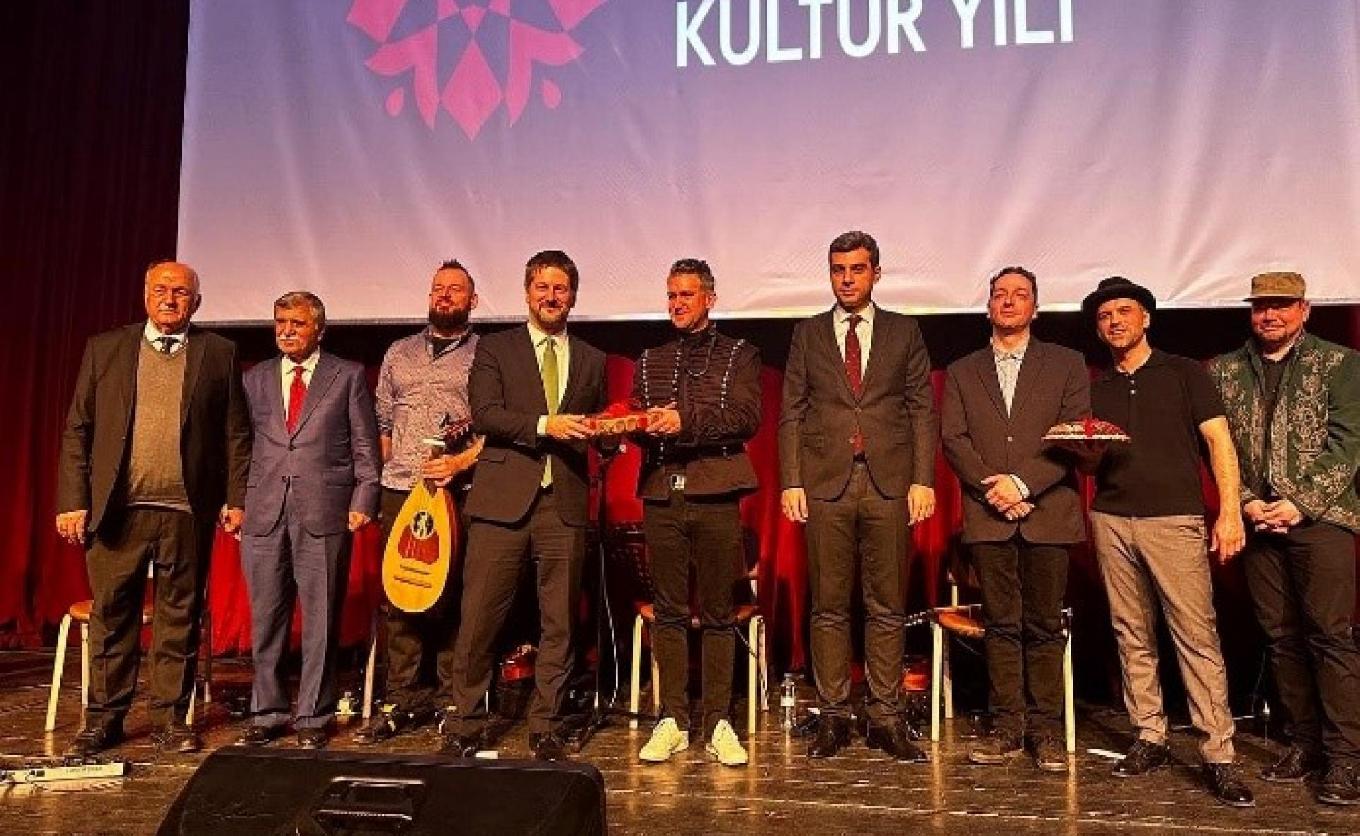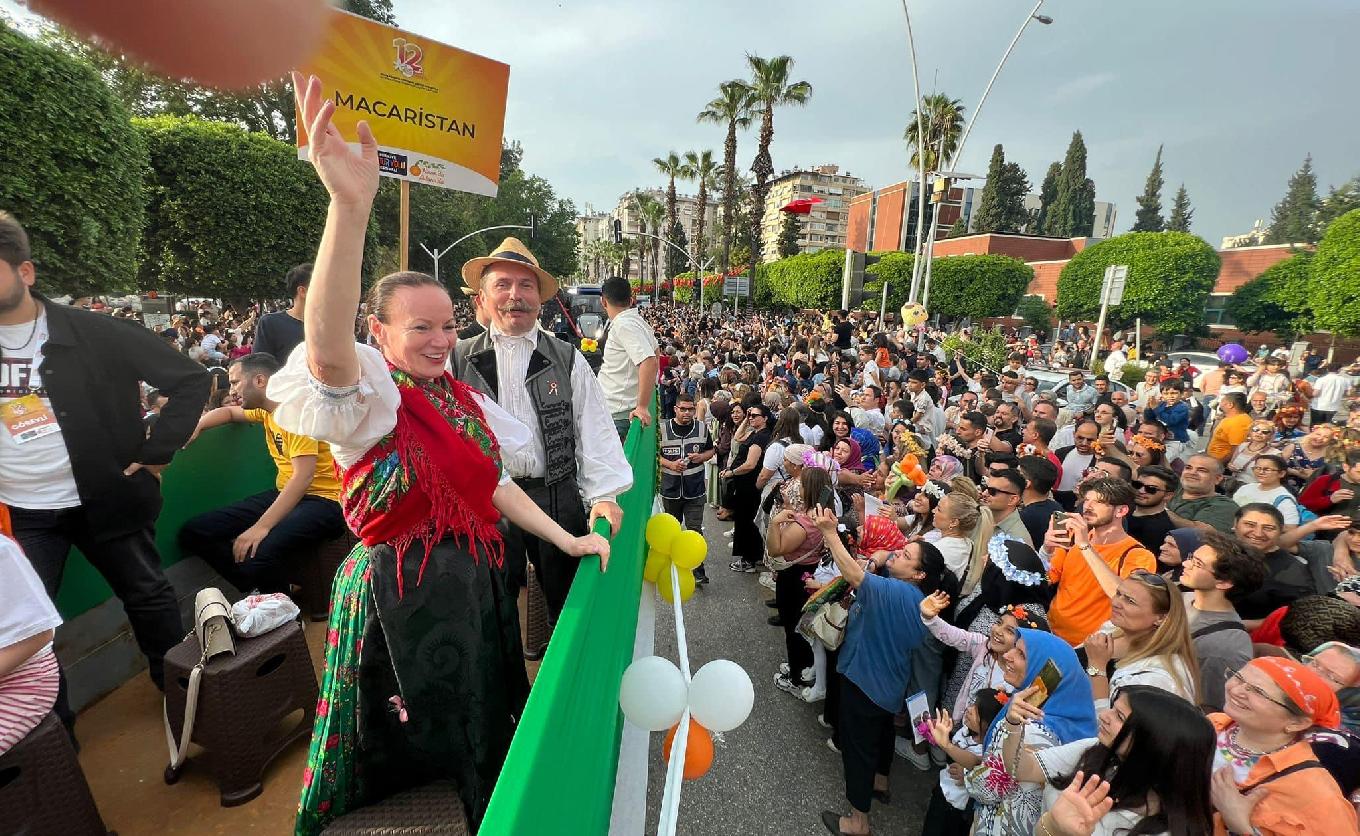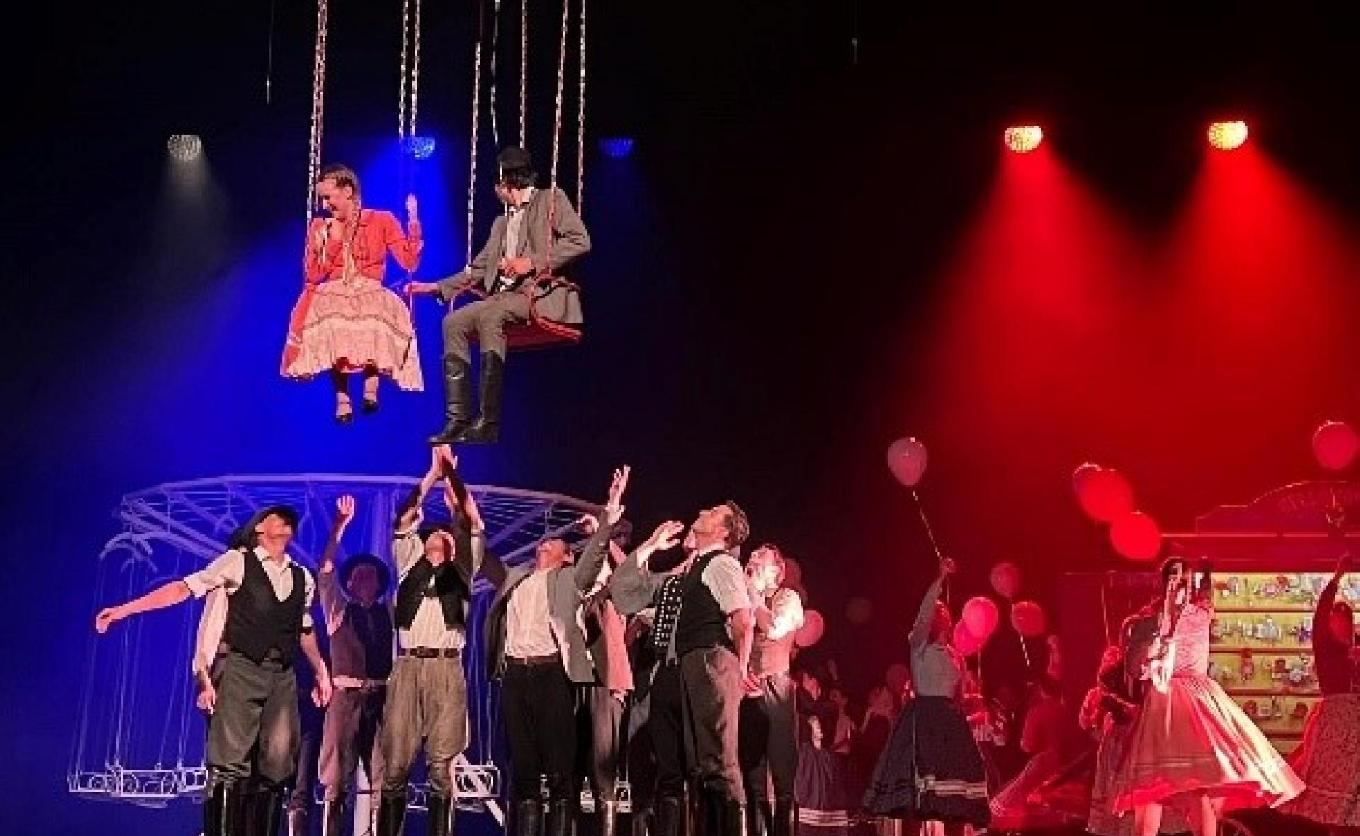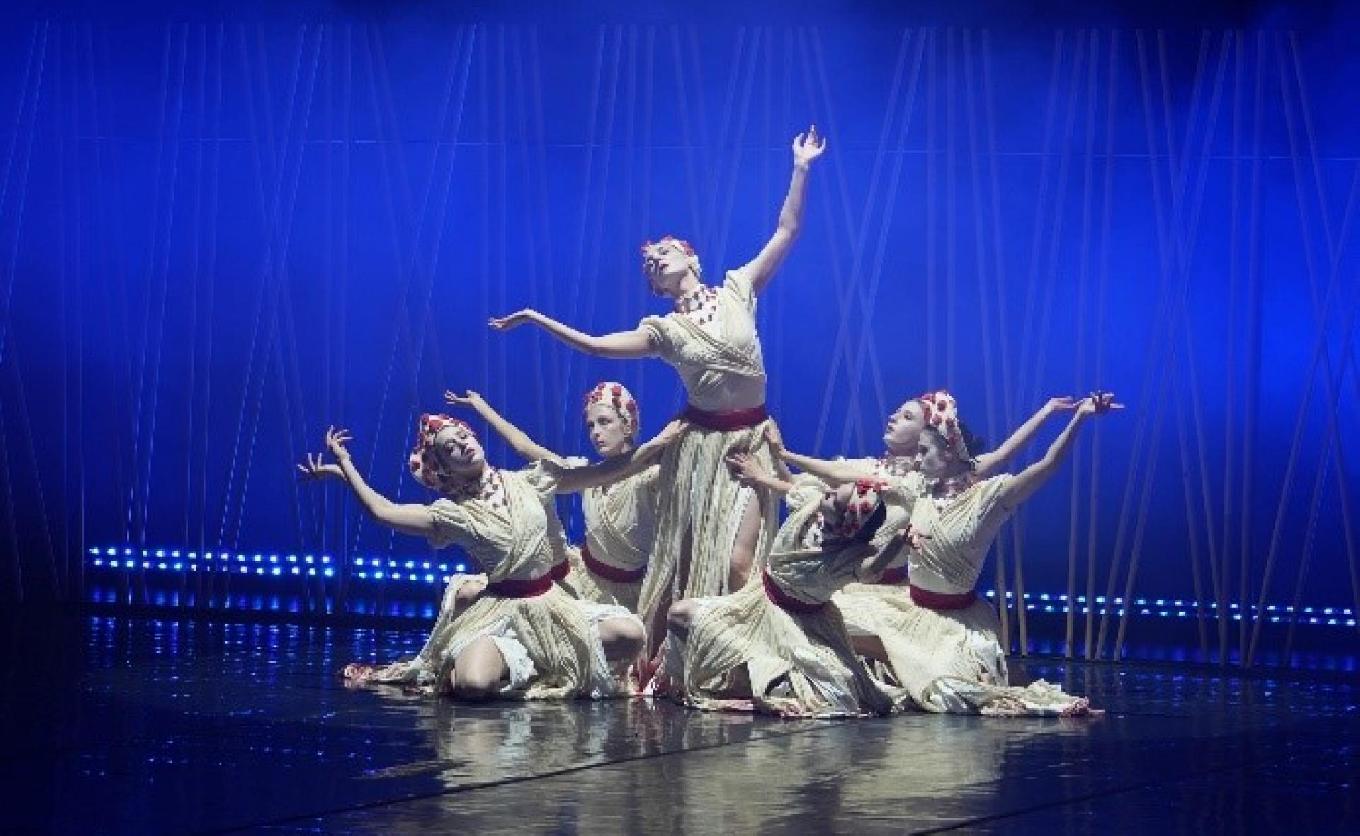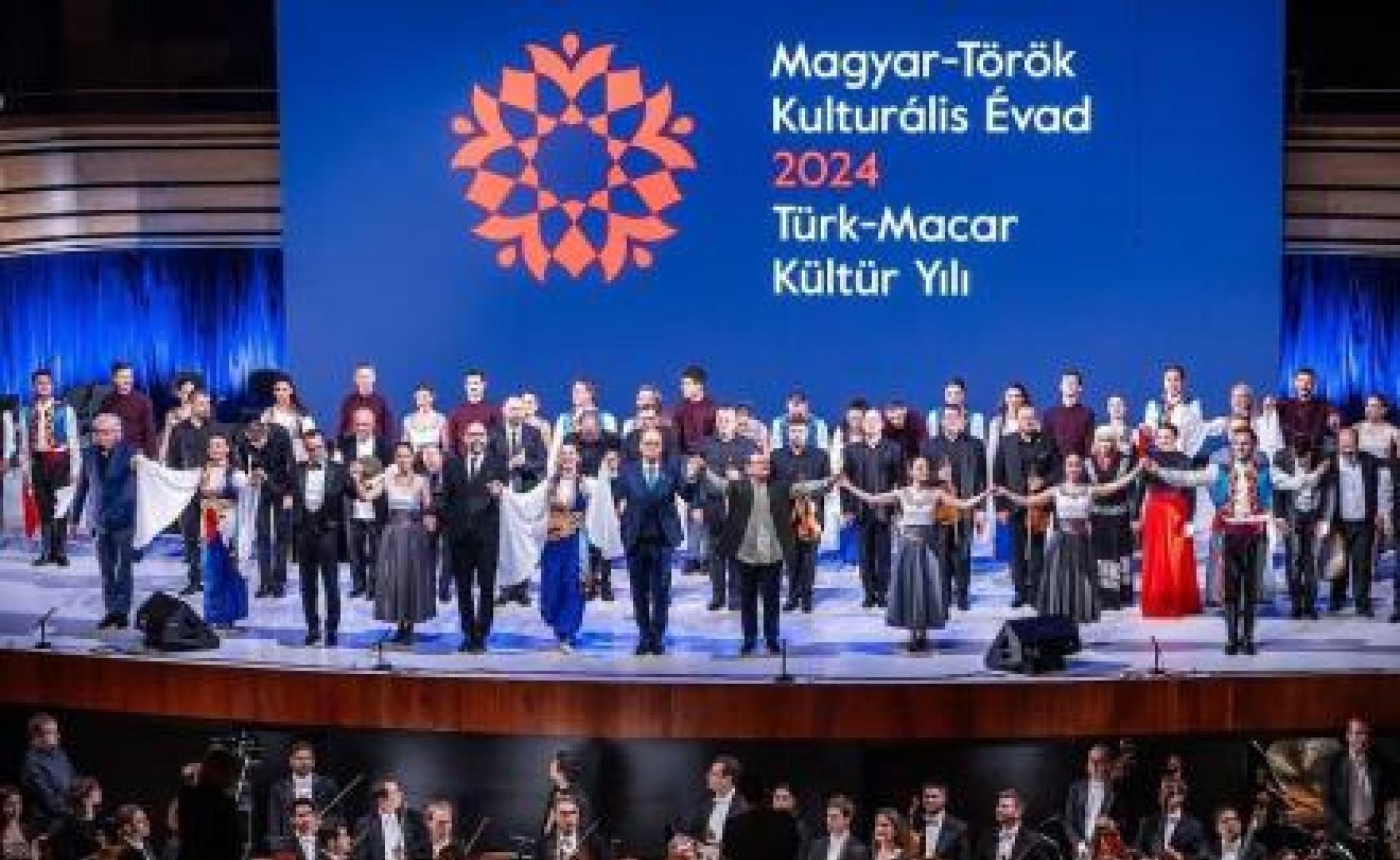
The Busy First Half of the Hungarian-Turkish Cultural Seasonv
The Government of Hungary, in cooperation with Turkey, announced a joint Hungarian-Turkish Cultural Season for 2024, on the occasion of the 100th anniversary of the establishment of diplomatic relations between the two countries. Over the past six months, people interested in Hungarian culture have experienced it through more than 80 programs across 15 cities in Turkey. The program series is organized by the Istanbul Liszt Institute , the Hungarian Embassy in Ankara, the Hungarian Consulate General in Istanbul, the Ministry of Culture and Innovation, and the Government Commission responsible for the season. This article highlights some of the implemented programs.
On December 18, 2023, the official opening ceremony of the Hungarian-Turkish Cultural Season was held at the Palace of Arts. The event was honored by the presence of Turkish Prime Minister Recep Tayyip Erdoğan, President Katalin Novák, Prime Minister Viktor Orbán, and Dr. Péter Hoppál, the government commissioner responsible for the season. Hungarian and Turkish artists, including the orchestra and dance troupe of the Hungarian State Folk Ensemble, the orchestra of the Hungarian State Opera House, and the Turkish State Modern Dance Ensemble, performed at a sold-out opening gala.
The exhibition titled Hungarian Builders of Turkey was held at the popular Atatürk Cultural Center in Istanbul from January 21 to February 28, 2024. The exhibition provided insights into the Hungarian-Turkish relationship that began in the mid-19th century, focusing on the reform processes of the late Ottoman period and the early Turkish Republic. The closing event featured a sold-out concert by the Pannon Philharmonic, where works by Franz Liszt, Béla Bartók, and Adnan Saygun were performed. The exhibition was a great success among the Turkish audience.
On February 20, 2024, Viktor Mátis, Hungary's ambassador to Ankara, handed over a teqball table to a school in Malatya, a town in southeastern Turkey affected by last year's earthquake. The ceremony was attended by Áron Sipos, director of the Istanbul Liszt Institute, and Ersin Yazıcı, governor of Malatya Province. The attendees also played a friendly match on the new table.
In February, the Kerekes Band gave concerts at two locations to commemorate the victims of the 2023 earthquakes. In Malatya, institute director Áron Sipos, Hungary's ambassador to Ankara Viktor Mátis, and Yener Oba, cultural director of Malatya Province, delivered speeches at the Malatya Congress and Culture Center, while Ersin Yazıcı, governor of Malatya, also paid his respects during the concert. The day after the highly successful concert in Malatya, the Kerekes Band also performed at the Osmaniye Cultural Center. The cultural presence in this city is significant for several reasons. In the 1930s, Béla Bartók conducted research in this area, and the cultural center houses the Bartók memorial exhibition and a lecture hall named after Béla Bartók, which was damaged in last year's earthquake. The restoration was supported by Hungary as part of the Hungary Helps program. The Turkish partners emphasized that they highly value Hungary's support, which, in addition to immediate technical and damage relief efforts, is also expressed through cultural programs that provide significant spiritual support to the population.
On March 14, at the commemoration of the revolution and war of independence of 1848-49, the gravestones of the Hungarian plot, restored and cleaned by the National Heritage, were presented at the memorial held in the Protestant cemetery of Feriköy. János Árpád Potápi, the State Secretary responsible for national policy at the Prime Minister's Office, and Member of Parliament Dr. Attila Tilki also visited, placing a wreath on the memorial wall of the Hungarian parcel.
On March 19, retired ambassador Ender Arat's documentary Open Doors: Anatolya - Hungarians was screened in Ankara. Ender Arat served as ambassador of the Republic of Turkey in Budapest from 1998 to 2002. He researched individual chapters of Hungarian-Turkish historical and contemporary relations, on which he also published a book. The screening was held in the salon of the Turkish Economic Research Foundation in Ankara and attracted a large audience of Turks interested in Hungarian culture.
This year, the International Orange Blossom Festival was held in the city of Adana from April 19 to 21, 2024, for the 12th edition. The festival is one of the most visited outdoor carnivals in Turkey. Organized by the Liszt Institute in Istanbul, the House of Traditions, and the Hungarian Embassy in Ankara, the so-called “Magyar Udvar” offered a rich program for those interested. Visitors were able to learn about felting and beading and taste specialties of Hungarian folk cuisine prepared locally (polenta with sheep cheese, ratatouille, savory scone, and Gerbeaud cake). Hungarian dancers led by Erika Maklári and László Farkas ensured a festive atmosphere for the participants.
The Yvette Bozsik Company took the stage at the DasDas Cultural Center in Istanbul on May 5, and the next day at the theater of the Atatürk Cultural Center. The “Dances from Galánta” segment of the two-act evening was inspired by one of Zoltán Kodály’s best-known orchestral pieces. Yvette Bozsik’s choreography mixed elements of Hungarian folk dance, Japanese butoh, and contemporary dance. The Spring Sacrifice, performed in the second act, is a revamped version of the choreography originally created for the 100th anniversary of the 1913 performance of Le Sacre du Printemps, featuring updated costumes, scenery, and choreography. The original choreography draws inspiration from the Russian ritual world of the legendary play by Nijinsky and Nizhynska, blending their influences with the choreographer’s unique style and contemporary emotions. The performance garnered significant interest, culminating in a standing ovation from the audience.
Within the framework of the season, the Ministry of Culture and Innovation and the Ministry of Family and Social Services of Turkey hosted a conference titled “Unique Approaches to Strengthening the Family Structure in Hungary and Turkey.” The forum took place at the Grand Mercure Hotel in Ankara. The scientific lectures were divided into two parts: the first part focused on the demography of families in the digital age, and the second examined aspects of strengthening family structures in Hungary and Turkey. Dr. Attila Beneda, Deputy State Secretary of the Ministry of Culture and Innovation, and Tünde Fűrész, President of the Mária Kopp Institute for Population and Families, spoke at the conference after the ministerial greetings. The forum included a bilateral meeting between the two ministers and their delegations.
As part of the Hungarian-Turkish Cultural Season, the Turkish audience had the opportunity to see The Carousel, produced by the National Theater and the Hungarian National Dance Ensemble, twice during the Antalya International Theater Festival. This event showcased contemporary plays from May 17 to 27, 2024. The presentation in Turkey of the highly spectacular, multi-genre show, including dance and folk music, was met with great interest and success. The 800-seat theater was filled to capacity on both occasions, and the audience rewarded the artists with a standing ovation at the end of the performances.
Additionally, as part of the season, the Budapest Festival Orchestra, along with Francesco Piemontesi, performed at the 52nd Istanbul Music Festival on June 3. During the evening, in addition to works by Brahms, the orchestra delighted the large, appreciative audience with a Turkish song.

